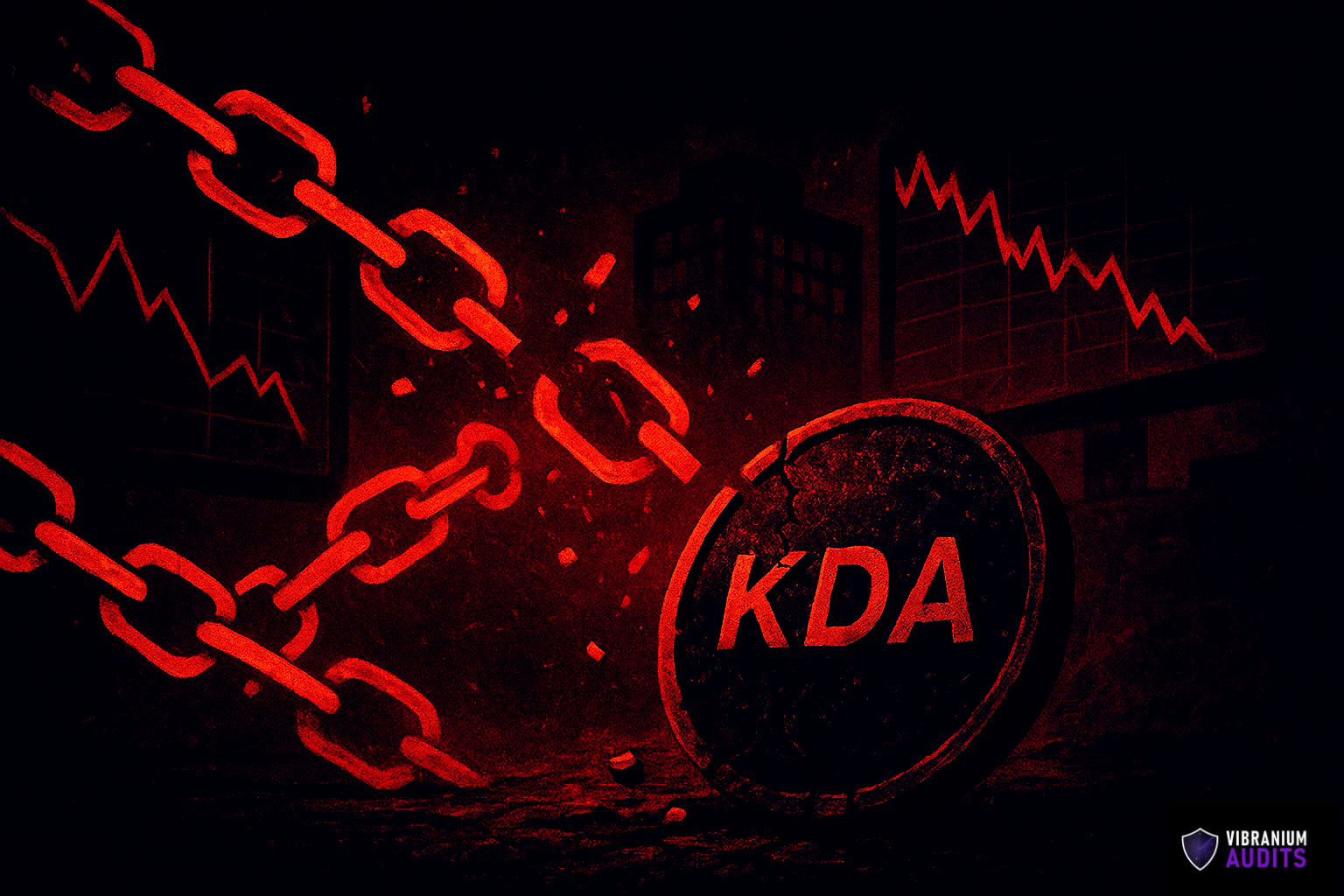Overview
In our previous guide, "An Introduction to Crypto Wallets and How to Keep Them Secure," we navigated the crypto wallet threat landscape. Now, let's delve into the intricate realm of smart contract wallets. We'll explore their features, functionality, and the nuanced security risks that come with them. Additionally, we'll provide best practices to fortify your funds. Let's embark on this insightful journey!
Smart Contract Wallets Unveiled
Smart Contract Wallet Overview:Smart contract wallets are gaining prominence, offering a blend of security, flexibility, and convenience. Operating across ecosystems like Solana and Ethereum, these wallets allow users to store crypto, NFTs, and engage with decentralized applications (dApps). They often serve as secure repositories for joint funds controlled by multiple parties.
How Smart Contract Wallets Work:Controlled through smart contract code, these wallets boast programmable features such as social recovery, transfer limits, and account locking. Users can configure policy features, set controls, and deploy multi-signature security approaches to enhance wallet security.
Security Risks in Smart Contract Wallets
Smart Contract Wallet Security Risks:Flexibility comes with trade-offs. Operational, implementation, and design risks lurk within the code. These risks manifest as unauthorized transactions, flawed smart contract behavior, and exploited design features.
Private Keys:Compromised private keys pose a significant risk. While smart contract wallets often tout not requiring users to manage keys, it's crucial to encrypt keys stored in the smart contract. The public visibility of smart contract code emphasizes the need for robust encryption.
Attack Vectors:Even with enhanced features, smart contract wallets are not immune to attacks. Malicious modules, third-party control, flawed dApp integrations, and phishing attempts are persistent threats.
Keeping Smart Contract Wallets Safe: Best Practices
- Security Audits:
- Conduct comprehensive security audits covering code, modules, proxies, integrations, and sessions.
- Secure Code Deployment:
- Follow secure code deployment standards to mitigate risks associated with malicious deployments.
- Address Verification:
- Confirm all addresses before signing transactions to prevent unintended transfers.
- Transaction Verification:
- Ensure transactions are verified before signing, adding an extra layer of security.
- dApp Vigilance:
- Verify dApps' integrity and deactivate sessions when not in use to minimize vulnerability.
- Module Understanding:
- Review and understand the power held by each module to make informed deployment decisions.
- Flexibility vs. Security Trade-offs:
- Be mindful of trade-offs between flexibility and security during deployment.
- Phishing Prevention:
- Stay vigilant to avoid phishing scams that target multi-signature data for nefarious purposes.
- Regular Monitoring:
- Monitor transactions regularly to detect malicious activity early on.
- Official App Access:
- Ensure that smart contract wallet apps are accessed only through official websites.
Conclusion
In conclusion, while smart contract wallets offer advanced features, they don't guarantee inherent security. Developers, auditors, and users collectively shape the safety of implementation, design, and daily usage. By adhering to best practices and staying informed, you can fortify your smart contract wallet against potential threats. Remember, vigilance is key in the dynamic landscape of crypto security.
FAQs:
- Are smart contract wallets more secure?
- Not necessarily. While they offer advanced features, their security depends on proper implementation, design, and user practices.
- Can smart contract wallets be compromised?
- Yes, various risks, including operational, implementation, and design risks, pose threats to smart contract wallets.
- Why is private key encryption crucial?
- Private keys stored in smart contracts need encryption due to the public visibility of smart contract code.










